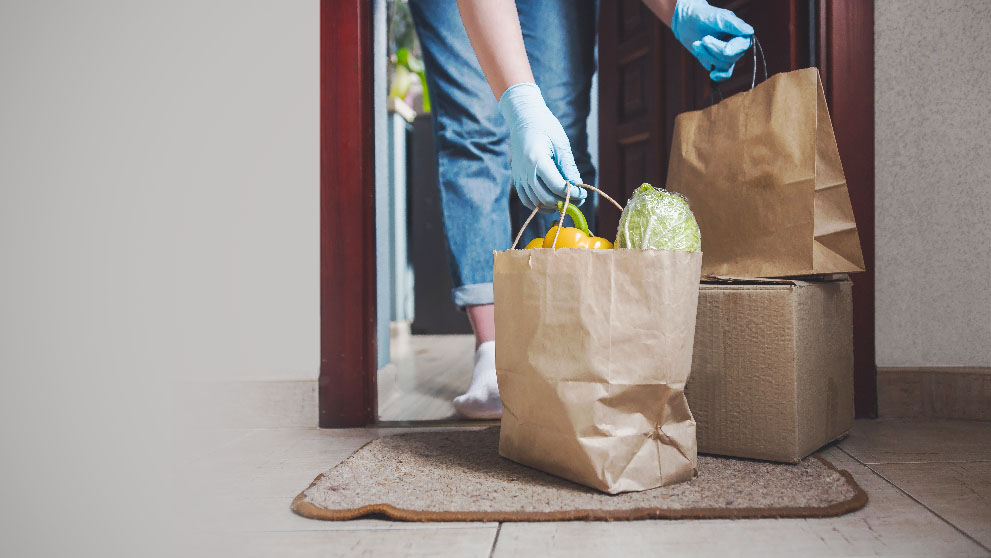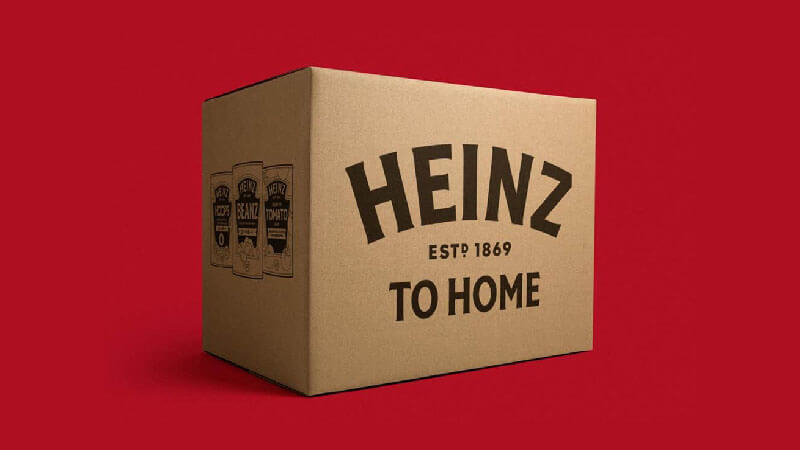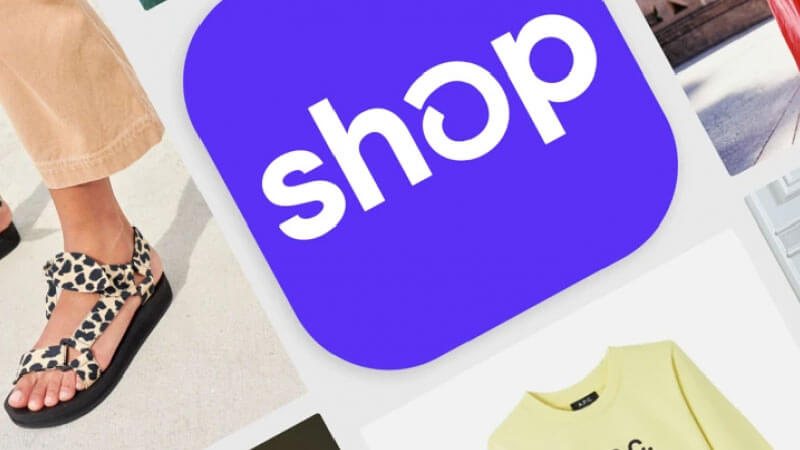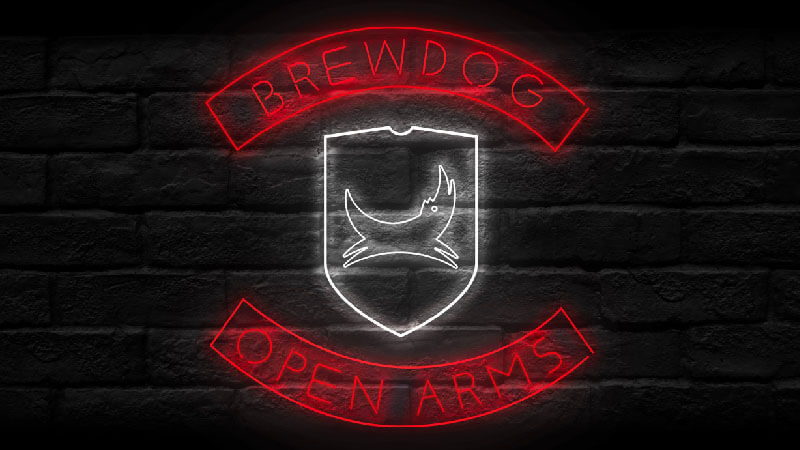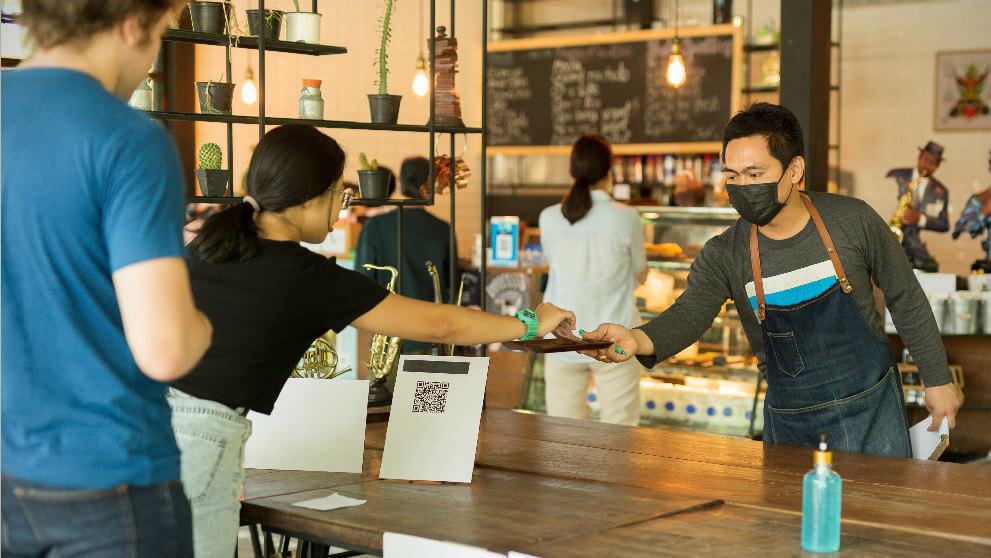In response to the Covid-19 lockdown, find out how businesses are switching to e-commerce, providing D2C models and offering subscription services to adapt to changing consumer behavior.
The early days of the COVID-19 pandemic could arguably be defined as the panic buying era. Viral videos of customers fighting over toilet paper, images of empty grocery store shelves shared across social media, and shopping carts piled high with pasta and tinned goods reflected consumers’ extreme response to an unprecedented situation. In the first of a three-part series studying how we come to terms with the 'new normal', what does the landscape look like for bricks-and-mortar brands right now, and what is the best practice for them to survive and even thrive?
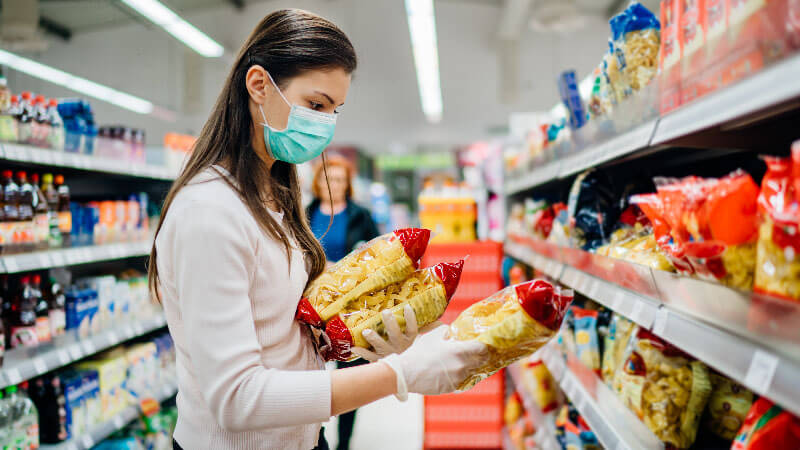
This article will cover:
Consumers' changing behaviors, the switch to e-commerce, the growth of the D2C model, how brands are adapting to survive.
Since the start of the pandemic, it’s unsurprising that food retailers have experienced a huge surge in demand for their products, as anxious consumers have stocked up. Unilever has seen sales growth of 4.8% in North America and 1.4% in Europe in the first quarter of 20201. In a report2 by marketing agency Acosta, conducted at the end of March, 65% of US respondents said they have changed their shopping habits due to COVID-19.
Stocking up is becoming commonplace, with more people purchasing pantry food items. Interestingly, the report found that shoppers’ priorities were beginning to shift, with comfort foods edging out pantry and paper products for the first time.
A report by McKinsey3 discovered similar patterns in customers’ behaviors – with consumers making 15% fewer shopping trips due to self-isolation and shelter-in-place orders, they’re buying enough groceries to last two or more weeks per trip. However, Unilever’s CEO Alan Jope points out that “pantry loading” is largely a US phenomenon, thanks to larger houses (on average) and more appetite for credit card debt amongst consumers there4. McKinsey’s report also notes that pantry loading does not automatically mean an increase in actual consumption – many are just preserving their extra buys in the face of uncertain times.
Food retailers would do well to consider this fact when forecasting demand after the crisis – if your product has a long shelf life, then the boost you're seeing now may dwindle over time. It's ironic to note that now may be a good time to explore product lines with a shorter shelf life in order to encourage repeat spending over time.
The rise in online shopping has been exponential too – with most physical stores closed altogether, and those that are open hindering people’s ability to social distance, many consumers have switched to e-commerce. Acosta’s report found 28% of US online grocery shoppers made their first-ever order in March due to COVID-19, showing the increasing importance of having a digital presence. Find out more on how to attract customers to your website during the COVID-19 crisis here.
“Demand patterns are changing, Unilever is preparing for lasting changes in consumer behavior in each country as we move out of the crisis and into recovery”. - Alan Jope, CEO, Unilever
In response to the e-commerce boom, some food brands have pivoted their services to create D2C “bundle boxes” that can be ordered online. Kraft Heinz has launched the “Heinz to Home” website, selling three bundles of products: the Essentials Bundle (including the brand’s classic beans, soup and spaghetti hoops), the Sauces Bundle, and the Baby Bundle, all priced similarly to the in-store versions.
The move allows consumers to get their hands on their favorites in a time when supermarkets are experiencing heavy demand and is likely to benefit the brand in the long term, says Nick Hughes, a writer specializing in food policy: “The bigger driver is the ability to hold direct relationships with consumers, which means you can collect richer data and, in turn, personalize your offer.”5
D2C is cushioning the impact of the coronavirus for many brands, with the sector experiencing increased sales during the pandemic. Meal kit company HelloFresh, which operates in 12 markets, has seen revenue growth of up to 69% year-on-year for the quarter6, its strongest rise in more than three years. Elsewhere, UK food retailer Morrisons has launched a “Ramadan Essentials” box containing ingredients to cook meals at home, which can be ordered online to ease some of the pressures on Muslim families as they celebrate the holy month during lockdown.
Nestle has seen a significant rise in e-commerce sales, a trend many industry veterans expect to last.
“I think one of the side effects of this crisis will be a kind of breakthrough event when it comes to e-commerce for food and beverage” - Mark Schneider, CEO, Nestle7
Nestle is already a player in the direct-to-consumer (D2C) sector: in 2015 the company entered the subscription economy, launching an e-commerce service that delivers some of its leading beverage brands to homes in America. Last year it also introduced a D2C service for its KitKat brand.
The D2C model is well placed in a world where consumers want convenience, transforming the customer journey into a one-click direct purchase. It gives sellers access to valuable audience data, and by leveraging third-party marketplaces like Amazon, they can get access to existing audiences, gain transaction data and test pricing, brand messaging and other factors crucial to sales success.
For traditional bricks-and-mortar brands, now is the time to experiment and restructure product offerings to meet new consumer demands. “COVID-19 presents FMCG brands with an opportunity to test D2C models without the scrutiny they might otherwise face if they were to try – and possibly fail – during normal times,” explains Hughes. And with research by Kantar8 discovering 45% of people want brands to put systems in place to protect supply chains, repurposing products to sell online is likely to be viewed as helpful rather than self-serving.
Smaller brands looking to move to online selling will be supported by Shopify’s new app, “Shop”. The marketplace app allows customers in North America to find, buy and track purchases seamlessly on a single platform. In response to the current pandemic, Shopify fast-tracked the inclusion of a “Shop Local” feature that will allow customers to find and buy from local merchants.
Alongside domestic food products, the restaurant and beverage industry has also been hit hard by the pandemic. As a result, many food wholesalers have restructured their operations to sell directly to customers too. For example, Bidfood, one of the UK's largest catering suppliers, has launched a D2C model that lets private individuals and small businesses bulk buy day-to-day items.
With bars closed, some alcohol brands are connecting with customers by taking the brand experience online. Craft brewer BrewDog has opened 102 of its bars across the world virtually, so fans can 'visit' their local, and take part in quizzes and tasting sessions. Attendees can order a “Build Your Own Bundle” of beer from BrewDog's website to enjoy at the virtual sessions, providing a great online brand experience. Bacardi is also doing its bit to keep the party going, teaming up with selected bars to produce an exclusive cocktail menu which consumers can order via Deliveroo.
“For companies in the hospitality sector – both small and large – home delivery has been the only way to continue functioning throughout the lockdown,” says Hughes. “I expect some businesses will continue to offer delivery services now that they have built the capabilities to do so.”
As we look forward to a post-corona world, many businesses will be wondering what the new consumer-brand landscape will look like once lockdown eases. In next week’s article, we’ll take a closer look at how brands should react to consumers’ changing buying behaviors, and which trends are likely to remain once the pandemic has passed.
1 - Acosta report, April 2020
2 - McKinsey & Company report, April 2020
3 - Alan Jope, CNBC, April 2020
4 - Unilever, Proactive Investors, April 2020
5 - Nick Hughes, Canvas8, May 2020
6 - HelloFresh, Reuters, March 2020
7 - Mark Schneider, just-food, April 2020
8 - Kantar, Marketing Week, March 2020

